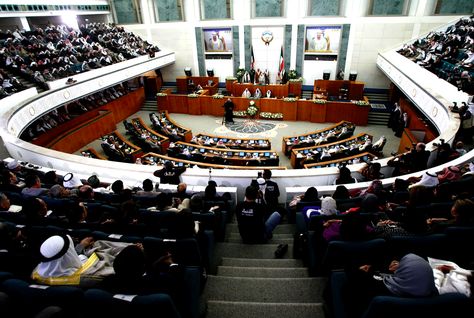After a long and controversial debate surrounding the 2010 International Prize for Arabic Fiction, known as the Arabic Booker, the dubious committee decided to award its top prize to the Saudi novelist Abdo Khal for his novel, "Tarmi Besharar" (Spewing Sparks).
This year’s Booker shortlist included five major literary figures: the Palestinian Rabai Al-Madhoun, Egyptian Mansoura Ez Eldin, Lebanese Rabee Jaber, Egyptian Mohamed Mansi Qandil and Jordanian Jamal Naji.
Since its inception in 2008, the prize has been dominated by Egyptians: Bahaa Taher for “Sunset Oasis” in 2008 and Youssef Ziedan for “Azazil” in 2009. Judging by the widespread rumors of corruption that stigmatized the Arabic Booker’s committee, their decision has been largely regarded as a political move, either to silence the pundits who claimed that Egyptians have a firm grip on the prize, or to support the opinion that says that there are in fact talented Arab novelists outside the Egyptian literary farm.
After reading the winning novel, you might be convinced that it does indeed deserve an award; a medal of courage perhaps, but the fact remains that "Spewing Sparks” is, most certainly, not the best Arabic novel of 2010.
“Spewing Sparks” is a Quranic term referring to hell mentioned in Surah 77, Al Mursalat. The novel explores the elitist underworld life of Jeddah, where everything’s available, where power is absolute. With the Islamic façade looming largely over every action, the more the story progresses, the more you discover how delusive appearances can be — how the birthplace of Islam could very well be the most hypocritical nation on earth. As the line between fact and fiction blurs, you can’t help but wonder how far these stories are close to reality.
Khal depicts present Saudi Arabia — the place that spawned the most fundamentalist order of Islam, Wahhabism — as a country that mingles with all kinds of corruption and perversions.
The story is set in a palace ruled by a mysterious, commanding master. Khal doesn’t reveal whether he is a Saudi prince or just a rich businessman. In the palace, all kinds of sensual pleasures are on hand, served and performed by the fallen and the outcasts; a breed of humans united by their submission to their master.
The narrator is an ordinary Saudi man who finds himself with an extraneous task. He falls prey to the temptations of the master of the palace, a man who experienced almost all pleasures in life. The master of the palace thus begins to look for a new source of excitement to dispel the boredom, and decides to hire this virile young man as a punishing tool to sodomize those who may displease him, then recording the process and using it to blackmail those male victims.
The narrator is a representative of the miserable, unfortunate clan who misguidedly presume that by taking refuge in the palace, their suffering will come to an end.
The palace is packed with women, who, upon entering it, are forced into prostitution in the most impudent of ways. In an attempt to inject his novel with an extra dose of realism, Khal adds a fictional collage at the end of the novel comprised of profiles for each girl in the palace.
Although sex functions as the key overtone of the novel, Khal rarely depicts anything explicitly, relying instead on metaphoric expressions and phrases coupled with an overuse of classic, intricate wording.
It is not sex though that provides the source of shock; it is Khal’s full disclosure of the moral decay of a society teetering on the edge of collapse. In one scene, carelessness unites with pleasure in one jaw-dropping moment. The drunken visitors of the palace hear the dawn call for prayer and decide to pray while drunk, leading to one of the most scandalous and paradoxical scenes ever submitted in Arabic literature.
Perhaps that’s why it’s quite surprising that no fatwa, or an arrest warrant, has been issued against Khal. The only lawsuit filed against him was not by a Saudi national standing up for their reputation, but by Egyptian musician Mohmmed Raheem. A character in the novel, bearing the same name, is portrayed as a womanizer who sexually exploits one of the palace girls. Khal denied allegations that claim that the character is based on the Egyptian musician, stating that he had no idea who Raheem was.
Born in 1962 in Saudi Arabia, Khal studied in Jeddah, earning a bachelor’s degree in political science from King Abdel Aziz University in 1987. His bibliography includes other acclaimed titles such as “Cities Eating Grass,” “Immorality,” “The Mud,” “Death Passes from Her” and “Days Don’t Hide Anyone.”
“Spewing Sparks” is, by no means, a literary masterpiece, nor is it a deserving Arabic Booker winner. The true value of this novel though lies in Khal’s audacity to unlock the doorway to a world that has been long sealed. The palace of the story is a symbol for Saudi Arabia; a shiny, fake wonderland for naïve dreamers. Once inside, you realize how ugly the truth is, and by then, it’s too late to run away.

